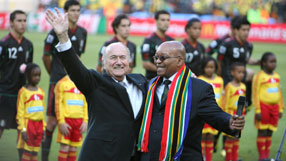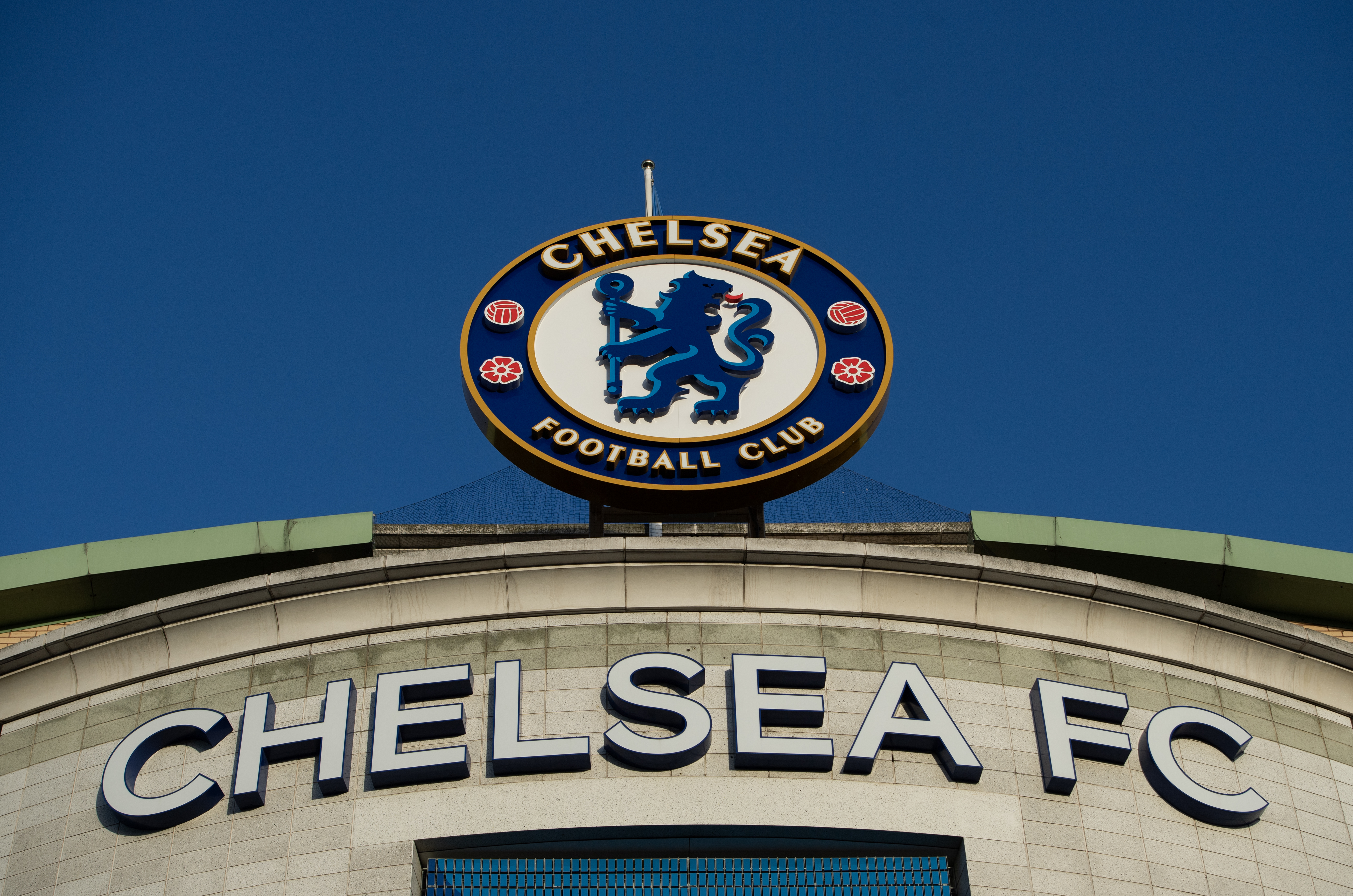
But the biggest hurdle may not come from winning approval abroad.
It may come from convincing people at home recovering from a post-Cup hangover to spend lavishly again on another global sports party when the country is battling massive unemployment and poverty.
"The World Cup has brought a short-term PR boost for the government but after it is over, reality bites," said Gary van Staden, a political analyst in South Africa with NKC, an independent economic consulting firm.
President Jacob Zuma told Reuters on Tuesday his country was up to the task and the CEO of the South Africa's Olympic Committee told Reuters on Wednesday momentum has been gathering for bringing the Games to African soil for the first time.
"I would think the world has taken notice that we can put on a world class event," said Tubby Reddy of the local Olympic committee.
Zuma said after Tuesday's 2-1 win for his country over France: "Those who take decisions (about the hosting of major sports event) have seen how South Africa is. I'm sure we could do it."
The International Olympic Committee plugged one glaring hole when it awarded the 2016 Games to Brazil, which will mark the first time a South American country will host the Games.
The best features, fun and footballing quizzes, straight to your inbox every week.
The last continent, excluding the frozen mass at the bottom of the planet, that has not been awarded the Games is Africa.
DISPELLING WORRIES
Analysts said a number of factors have been lining up in South Africa's favour.
It has dispelled almost all concerns it was not up to the hosting one of the globe's biggest sports spectacles.
It built the infrastructure and stunning venues for the Cup, albeit with some facilities receiving their finishing touches just hours before they were put in use.
It deployed a massive security force to cut down on petty theft and its frighteningly high rates of violent crime - some of the highest in the world outside a war zone.
The country is in the same time zones as large parts of Europe. Events held locally in the evening can be seen in mid-afternoon times in North America, which would likely sit well with major TV broadcasters from the United States who are the IOC's biggest source of revenue.
The South African coastal city of Durban will host an International Olympic session next year, where officials will vote on the winning bid for the 2018 Winter Olympics.
With the entire Olympic movement present at this meeting, local officials could not ask for a better opportunity to discreetly campaign for bringing the Games to South Africa and put out feelers for support of such a possible bid, which in itself is a multi-million dollar undertaking.
Unlike the World Cup, it is a city hosting the Olympics and not a country, which would mean a South Africa bid would have to be able to show it has or will have the necessary facilities for the biggest multi-sport event of the world.
This would translate in several billion dollars worth of infrastructure and stadium projects for a country that must also have a clear post-Olympi
 Join The Club
Join The Club





